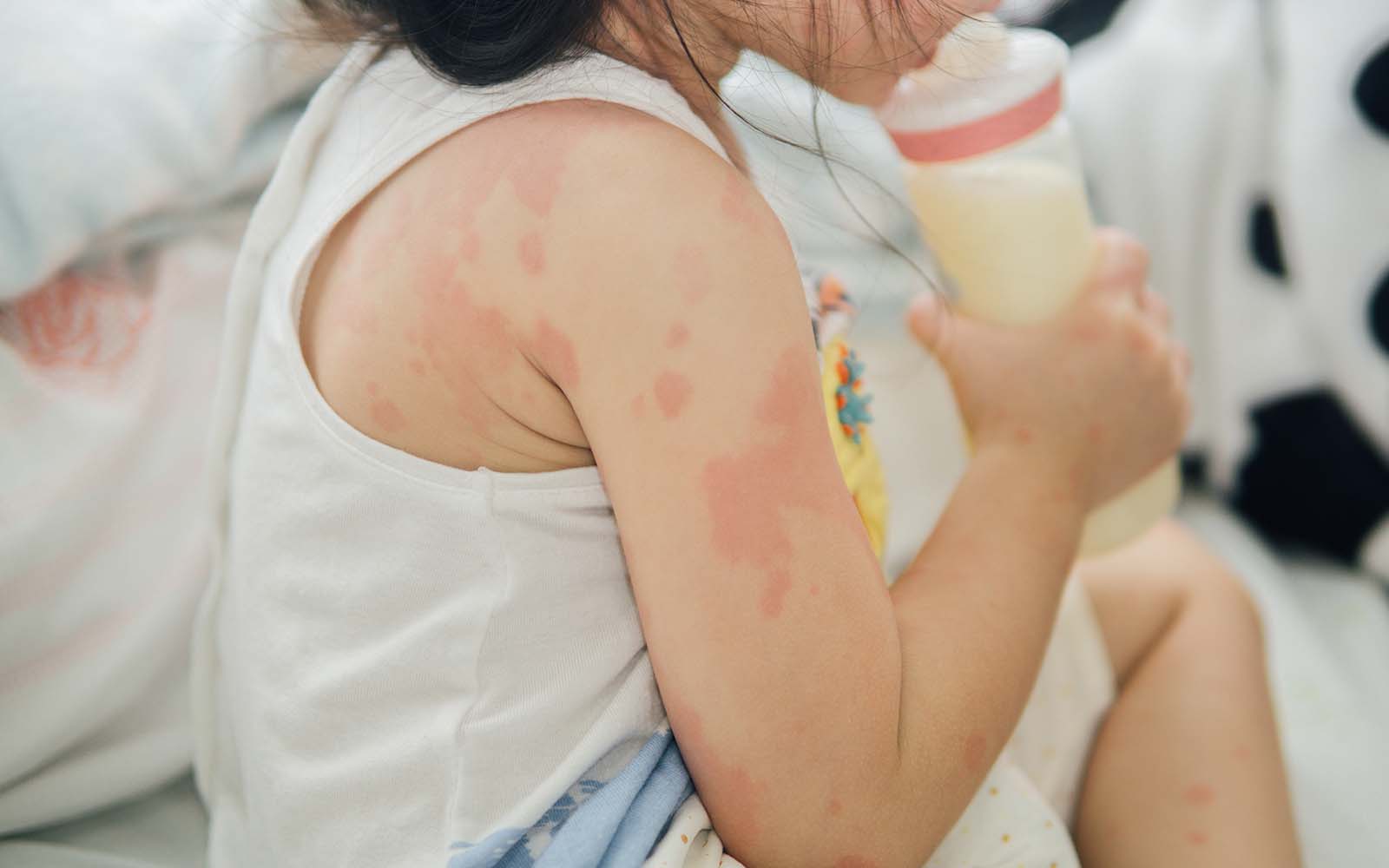
As parents, when it’s time to introduce solids to your baby, one of the biggest worries is whether they might have a food allergy. To help prevent food allergies and keep your child safe, here’s some essential information on food allergies every parent should know.
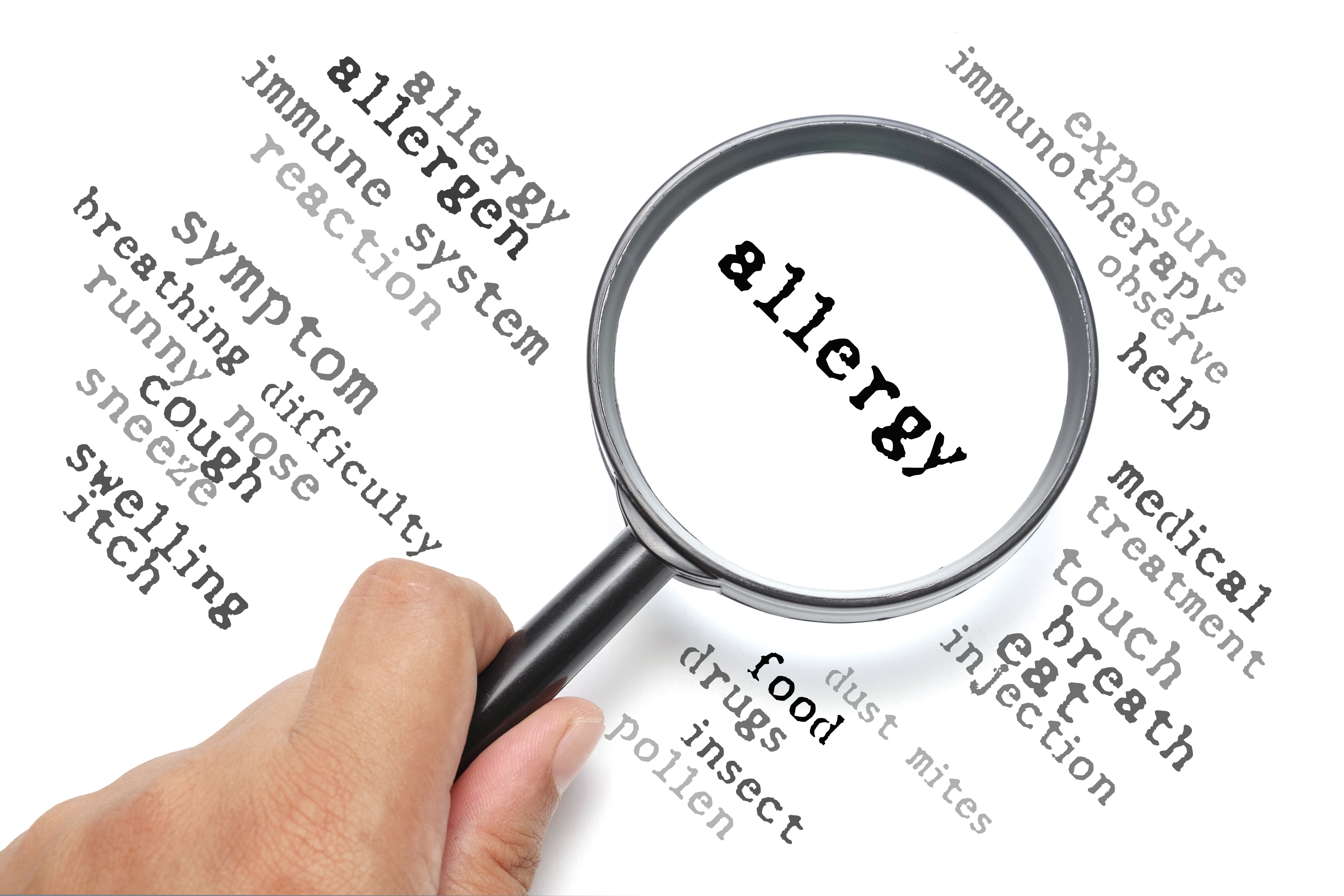
What is a Food Allergy?
A food allergy happens when a child's immune system mistakenly reacts to a food as if it’s dangerous. This reaction can occur shortly after eating and happens because the immune system sees certain proteins in foods as harmful. According to the American Academy of Allergy, Asthma, and Immunology, about 8% of children have food allergies, with around 40% experiencing severe symptoms. Food allergies can range from mild symptoms to severe, life-threatening reactions.
How to Know if Your Child is at Risk of a Food Allergy
If any family member, especially a parent or sibling, has food allergies, asthma, or eczema, your child may have a higher chance of developing a food allergy. Allergies can also develop alongside other types, like hay fever or skin reactions.
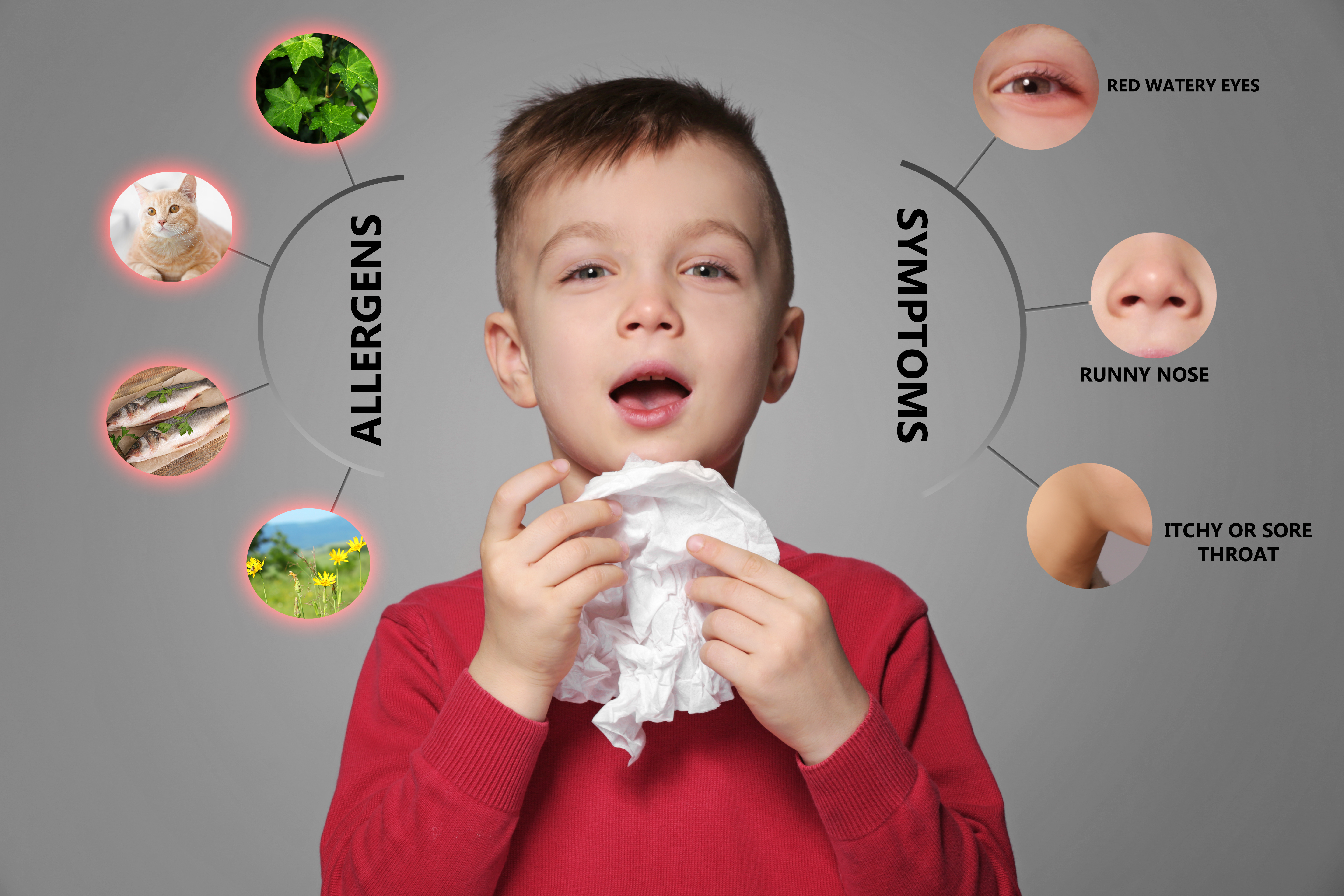
Common Food Allergens for Kids
Many children commonly react to:
- Eggs (chicken, duck)
- Milk and dairy products
- Peanuts
- Sesame seeds
- Tree nuts (such as almonds and walnuts)
- Fish and seafood
Symptoms of Food Allergies
Reactions can occur within seconds to a few hours after eating. Common symptoms include:
- Redness or swelling, especially on the face
- Itching
- Hives
- Swollen eyes, lips, or tongue
- Breathing difficulties
- Weakness or dizziness
- Stomach pain or diarrhea
- Nausea or vomiting
In severe cases, symptoms might include:
- Tightened airways
- Swelling in the throat
- Low blood pressure
- Rapid heart rate
- Loss of consciousness
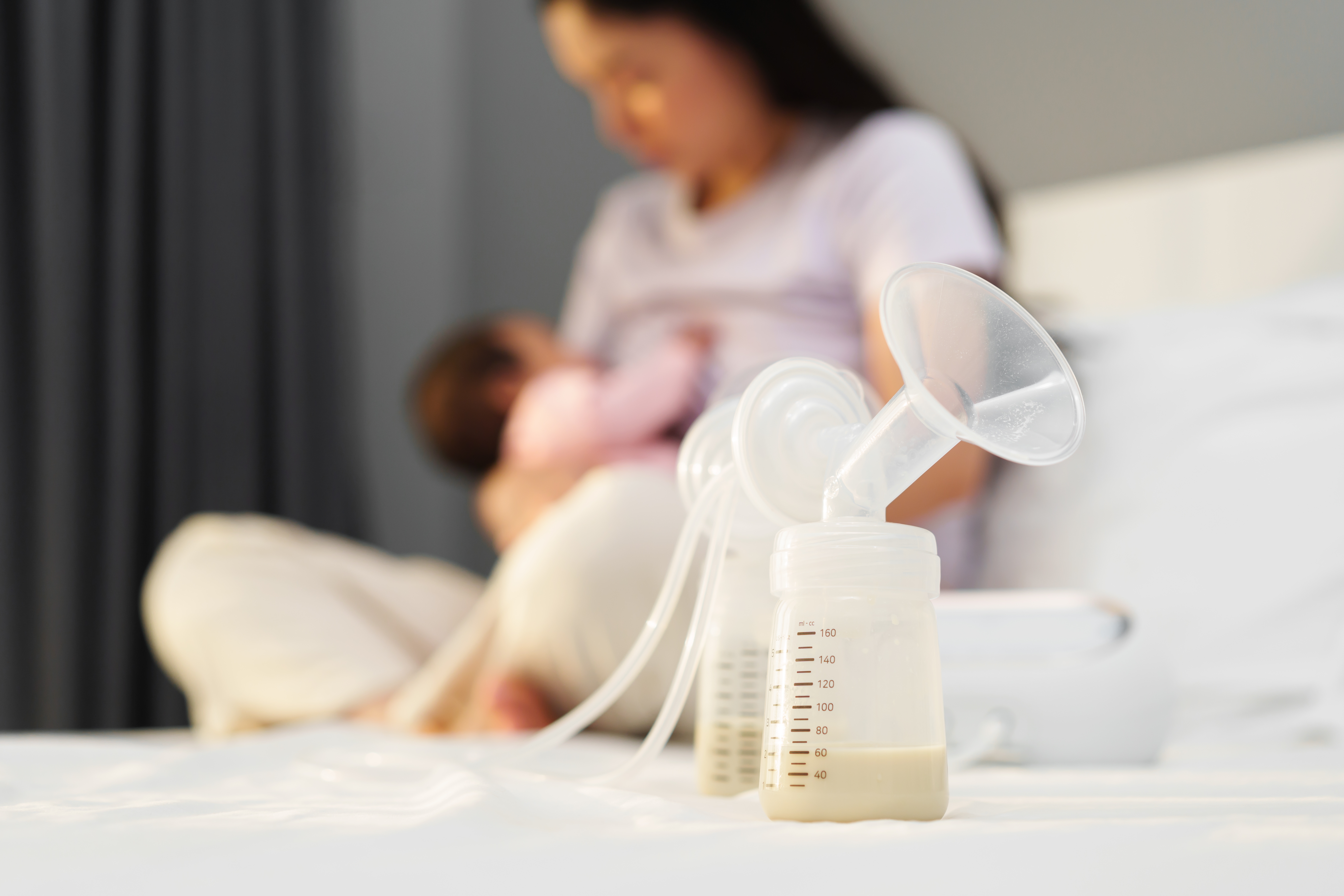
How to Reduce the Risk of Food Allergies in Children
The best way to reduce the risk of food allergies is to breastfeed exclusively for the first six months. Moms who breastfeed don’t need to avoid specific foods unless medically advised; eating a variety of foods can help reduce allergy risks. Introducing potential allergens like eggs, fish, and nuts early on can help build tolerance. However, if you suspect your child is at risk for food allergies, consult a healthcare provider for guidance.
While there’s no specific cure for food allergies, some children may outgrow them over time. Avoiding foods that trigger allergies is the safest way to manage them. If a reaction does occur, monitor it carefully and seek medical care immediately if it’s severe.


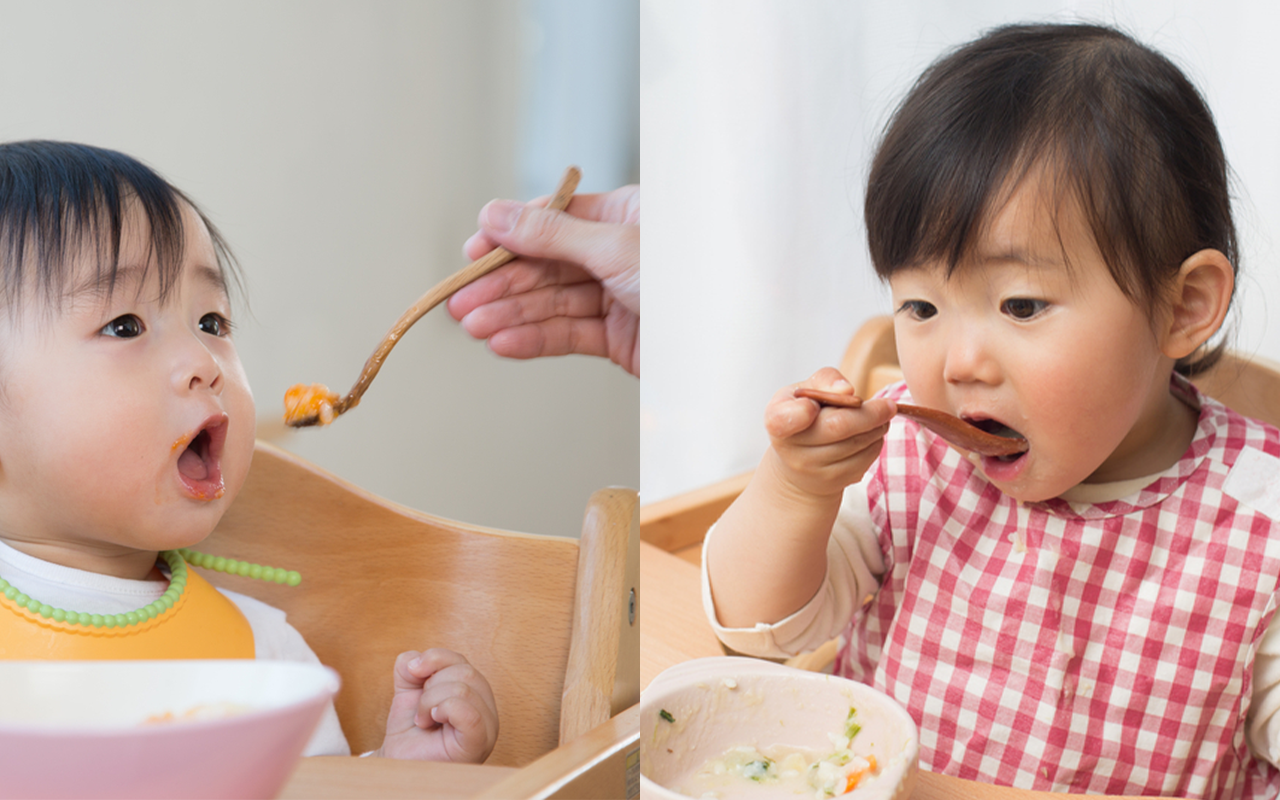

Comments